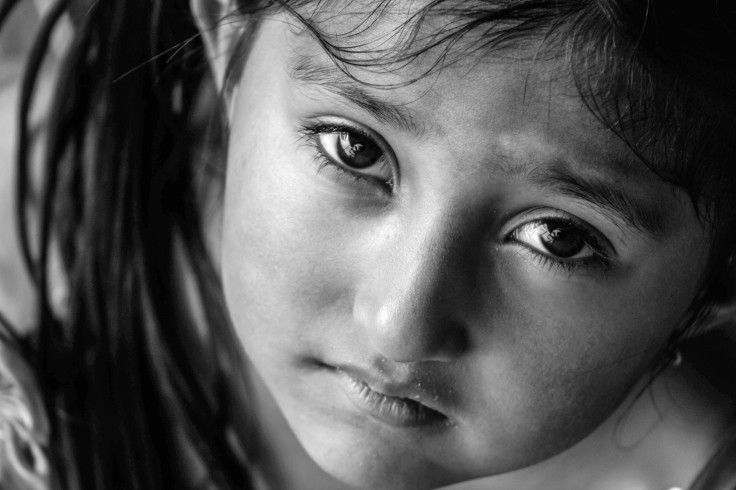
Stress and anxiety know no age. Children, young as they are, can also have anxiety disorders. This is one of the most addressed problems in today's world and parents should be aware of how anxiety can mess up a child's mental and emotional state. Signs of anxiety and stress may often show up either physical or behavioural changes for children.
You may notice that your child responds differently compared to their usual, or there may be a drastic change in their individual personalities. Sometimes, even their coping skills get affected. Parents need to be keen and responsible enough to see these signs if ever they are occurring to their children. If ever signs are showing up, you need to address it immediately.
Early stress and anxiety in children may go a long way when they grow up, and it's not something to be proud of. Parents need to help their children manage their stress and anxiety as early as they are showing signs. Parents may also seek help with a professional or expert for mental health disorders to help their children get over it.
Signs of Anxiety in Children
There are different signs that you can notice and see in your child when they are in an anxiety episode. Children may not notice it themselves that they are in the middle of an anxiety attack because they lack knowledge about it and maturity to understand and explain their own feelings and stress. Anxiety signs can be behavioral/emotional or physical signs.To know more of these anxiety signs, here are the most common ones:
For behavioral and emotional
They tend to just stay at home and refuses to go outside or attend school.
Withdrawing from family relationships and friendships
They always have fears.
Behavioral changes in mood such as aggressiveness, having short tempers, and clinginess
Tends to have difficulties in focusing
Getting a lot of trouble inside and outside school
Having habits that show nervousness such as nail biting
For physical
Sleep problems such as insomnia or having severe nightmares
Decreased or increased appetite
Change in diet or the way they eat
Headaches and stomach aches
Bedwetting
Other physical anxiety symptoms
What Causes The Anxiety?
Whether it's a major life change in your child's life that may include a divorce, a death in the family that is close to your child's heart, moving out on a new place, or a new sibling on the way, or not, a child's sadness can trigger anxiety. This will shake your child's world and will lead them to the confusion that will then lead to anxiety. Here are some causes of why your child may have anxiety:
Busy schedules
Academic pressure and stress
Unstable parent ability
Bullying
A traumatic event
Popularity
How To Help Your Child
There are tons of healthy ways that you can help your child cope with their anxiety and stress. You can always start at home. Make sure that your home is a safe and secure environment that they can openly express themselves. As parents, you should be the first ones that they tell you bad or good news about their life. Always keep your children involved in everything, have a stable and clear communication with them, and make your relationship as your top priority. Keep an eye on your children and always make them feel your support and genuine and unconditional love to them.